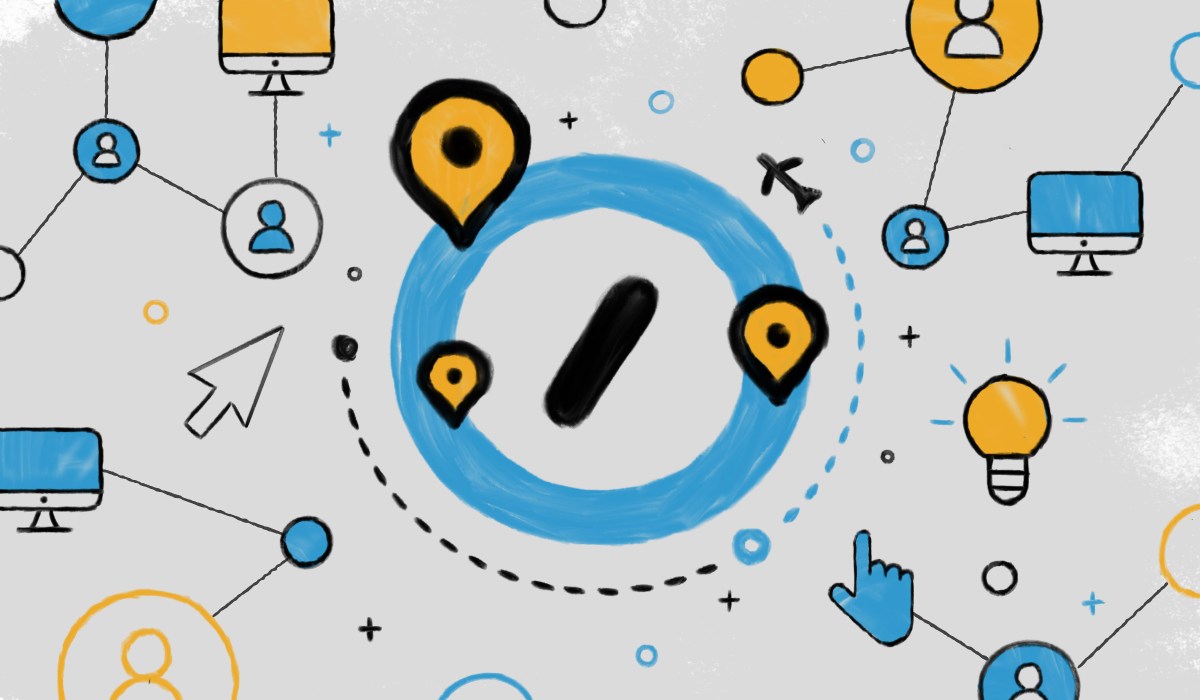
In Distributed FAQ, Matt Mullenweg addresses some of the most common issues companies, executives, and individuals face as they consider transitioning to a distributed model.
Q. Trust and a strong shared culture are two ingredients that help companies thrive. How do you build either when coworkers don’t meet each other in the hallway every day?
A: Culture is what people do when no one is looking. Companies redefine their culture in real time whether they’re distributed or colocated.
In more normal times, meetups are key to Automattic’s culture — employees expect 3-4 weeks of travel per year, one of which is devoted to the company-wide Grand Meetup, and the rest to team and division meetups. We’ve seen that you can build trust and create bonds when you break bread across a table and meet in person, and then use that momentum to power relationships for years when everyone’s back in their home base.
But even these days, when travel is suspended for the foreseeable future, there are many ways to foster trust and to reinforce Automattic’s values and culture. We put a lot of emphasis on social communication at the company, leveraging the same tools we use for our work — P2, Slack, Zoom — to encourage informal interactions. For example, many teams start weekly meetings with a fun, non-work-related question. We created automated systems that can pair people up to chat about any topic they wish, and recently launched Connectomattic, a series of video calls based on shared interests and experiences, from meditation to baking.
Ultimately, we believe in giving teams autonomy to create a culture that works for them.
For more thoughts on culture and trust in distributed settings, listen to Matt’s conversation with Glitch CEO Anil Dash.

